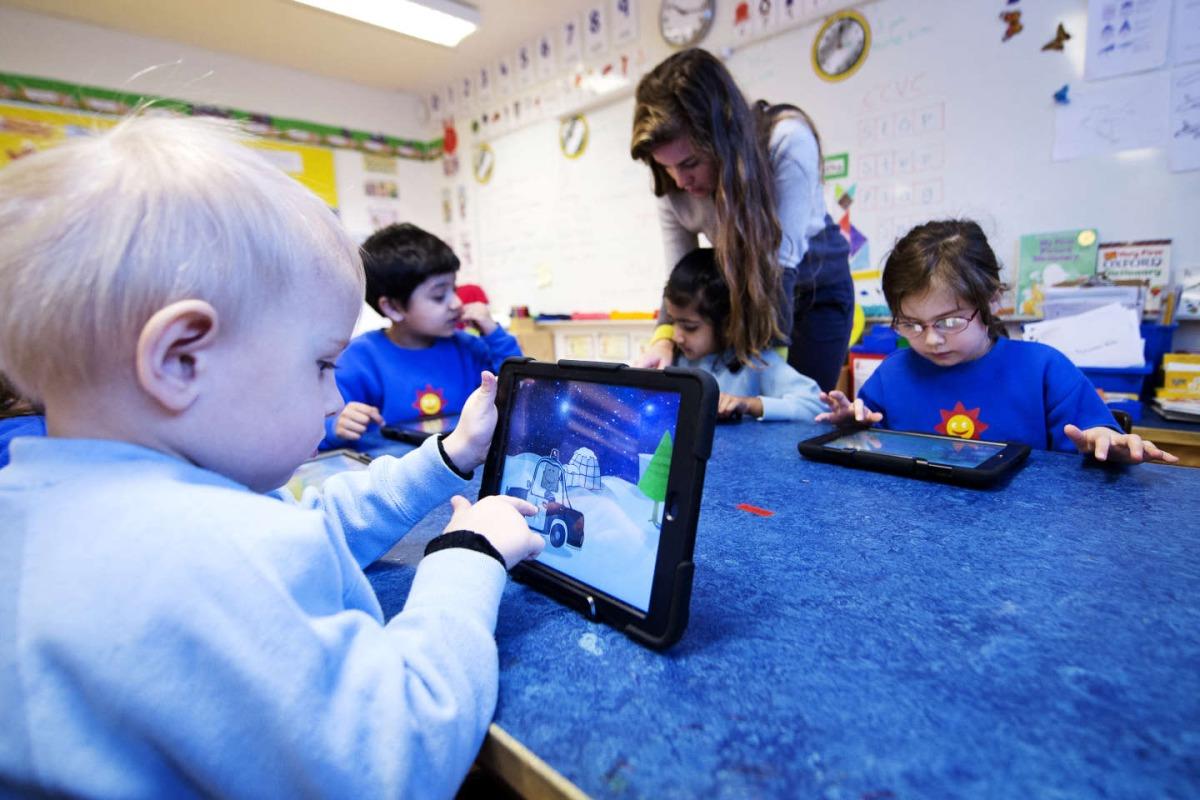(MENAFN- The Peninsula) khalid elsawi |
The Peninsula Online
Doha, Qatar: Swedish schools are backing away from screen tablets and instead opting for more traditional paper books, reported French publication Le Monde.
Sweden is investing roughly $48m (500m SEK) in new paper books for schools, with the goal of one book per student per subject.
Swedish Education Minister Lotta Edholm, speaking to a local Swedish newspaper, said that“the digitalization reform in school has gone too far.”
The decision, the minister explained, comes in an effort to“restore reading in schools, at the expense of screen time.”
Edholm, as per Le Monde, had described digital technology being utilized in Swedish schools as an“experiment” and conveyed her annoyance at the belief that“considers digitalization to be positive, irrespective of the content.”
She also complained about books being put on the sidelines, saying that they contained“advantages that no tablet can replace.”
In an interview with Swedish newspaper Svenska Dagbladet, the Minister blamed screens on children“moving less, reading less, and using less pen and paper.”
Edholm said that research had shown that one acquires a“deeper understanding” when reading a book compared to when reading on a screen.
The new decision is in stark contrast with Sweden's earlier outlook on the matter.
In 2013, The Local.se reported that Sweden had planned to ditch books completely in 2013 in favour of a more digitized approach to teaching using the iPad and other tablet computers.
Maria Stockhaus, Sollentuna municipality's head of the children and education board, argued that her municipality's schools were in the 'backwater' compared to the rest of society and that the time to“embrace the future” had arrived.
There were objections however even at the time, with the then-Minister of Education Jan Björklund stating that“books have an obvious place in school and national exams are still written by hand.”
Nevertheless, in 2017, Sweden launched its National Digitalisation Strategy for the School System as part of a new Digital Strategy, in which the overall goal was for Sweden to be“the best in the world in the use of digitalisation opportunities.”
In December of 2022, the National Agency for Education (NAE) had drafted a new national digitalisation strategy for the school system for 2023-2027.
A 2022 European Commission study revealed that 76% of young people aged 16-19 in Sweden have basic or above-basic digital skills, well above the EU average of 69%.


















Comments
No comment